Tribal identities and affiliations remain important social and political markers in the modern and urbanized nations of the Arabian Peninsula. Yet, in such environments, which differ greatly from those in which tribes originated, it has become increasingly difficult to define what exactly is “tribal.” Certainly, the tribe is less in evidence as a tangible political structure than in the pre-oil boom era — yet its influence is still felt in the political institutions of the state, as well as in social life more generally and even in state-sponsored national heritage and identity projects. In a new book, “Tribalism and Political Power in the Gulf: State-Building and National Identity in Kuwait, Qatar, and the UAE,” Alanoud Alsharekh and I analyze the role of the tribe in the politics in those three wealthy oil states.
Tensions between tribe and state, which date back centuries, are not unresolvable. In fact, in some ways, as documented by historian Joseph Kostiner, the relationship is symbiotic. Although tribes initially, like states, aspired to sovereignty and self-sufficiency, today they have been incorporated into structures of the Middle East’s wealthiest oil states as government power has grown with the advent of hydrocarbon wealth in the 1950s. While in situations of government breakdown, as in Libya and Yemen, tribes have demonstrated their ability to surface as autonomous groups providing the same services that weak governments are unable to provide, they still serve as important markers of citizenship in Gulf Cooperation Council (GCC) states with strong central governments, and their members can become important partners to ruling families. Further, tribal evolution in Kuwait, Qatar, and the United Arab Emirates will always be uniquely colored by the state’s agenda, and so selective integration of tribal elites marks another important way that tribalism is part of political structures in such states.
Through a multidisciplinary study, our book examines the modern usage of the terms tribe and tribalism as a set of socio-political behaviors, which exist, perhaps against all odds, in the framework of rentier states — those countries which benefit from hydrocarbon wealth or external rents and thus are, in theory, best equipped to buy off political opposition. To that end, we examine rentier governments’ selective use of tribes and the ways in which state policies and rhetoric about tribes and tribalism have either bolstered or fragmented national identity. We also seek to understand how the Middle East’s wealthiest rentiers have historically chosen to engage with their tribal populations and the consequences of these choices, as well as how tribal populations view these interactions, in addition to how they have adapted tribal practices to what we call “bedouin lite.” This subjective and selective appropriation of tribal customs in modern urban environments has become a marker of group membership in various Gulf states, in political and social contexts, as well as, increasingly, on social media. Indeed, the use of traditional dress or of certain language has become cultural shorthand easily and readily reproduced to demonstrate in-group belonging.
While most scholars agree that tribes play politically and socially significant roles in the Arabian Peninsula, as evidenced by electoral outcomes in Kuwait and recent debate about citizenship laws in Qatar, the specific ways in which tribes have shaped political structures and social discourse has rarely been explained. For instance, the existence of online platforms restricted to members of specific tribes, as well as the use of informal social gatherings through majalis (councils often held in private homes, called diwaniyyat in Kuwait), enable tribes to engage in informal yet effective political mobilization more easily than other social and political groups. Ascriptive identity, then, rather than adherence to political ideology, appears relevant to understanding voters (and elections) in the Gulf.
Looking beyond the Gulf, the type of blind political allegiance on the basis of social ties rather than merit is being labelled as tribalistic and deleterious even in the West. U.S. Senator Jeff Flake of Arizona, a Republican critic of President Donald Trump, in October 2018 called for American politics to reject “destructive partisan tribalism.” He went so far as to argue that “tribalism is ruining us. It is tearing our country apart. It is not the way for sane adults to act and most importantly, ultimately, the only tribe to which any of us owed allegiance is the American tribe.” Flake here uses the term tribalism as proxy for discussing zero-sum partisanship in American politics, since there are no national tribes, equipped with politically powerful informal institutions, as in the Gulf. Even in the American context that lacks a tribal past of the same type as the Arabian Peninsula (there is of course the different type of tribal past represented by Native Americans), though, allegiance to a body other than the state is portrayed as problematic and linked to tribe, illustrating the elasticity of the term tribalism as well as the extent to which the notion of the tribe as exclusivist and divisive exists in the political lexicon globally.
In tracing the historical relationships between rulers of Kuwait, Qatar, and the UAE and their tribal populations, we reveal ways in which the state has helped to propagate certain tribal identities. Heritage projects like national museums or national day celebrations which traditionally separate citizens by tribe often invoke tribal identities, clarifying the extent to which they are produced as primarily state initiatives or reflect grassroots notions of identity and belonging. Further, state sponsorship of so-called heritage sports like camel racing and falconry hearken back to a pre-oil and predominantly tribal past, as has the use of new national symbols. Qatar has introduced the symbol of the desert rose through the architecture of the National Museum of Qatar, while Norman Foster’s design of the Zayed National Museum in Abu Dhabi is meant to mimic the feathers of a falcon — another desert symbol recreated as a symbol for the nation. We find that tribe in the 21st century remains potentially the most important determinant of social and political behavior, as well as an inspiration for state-branding initiatives.
Ultimately, tribalism as a concept remains relevant in all the states of the Middle East, even though tribes themselves have limited power in the stable rentier states of the region, in which governments have taken over functions that were once the purview of tribes. The relationship between tribe and state is therefore neither static nor predictable, and definitions of tribe or tribalism can mean different things to different people at different times, being at once personal and communal.
For U.S. policymakers, the challenge becomes determining which tribal actors are politically relevant and how they aid or challenge American efforts at democratization in the region. In the Gulf states, where political parties remain formally banned, tribal groupings often substitute for party brand. As a result, where they have often been (in some cases rightly) decried as fundamentally politically illiberal, much like Islamist blocs in the region, these informal institutions could potentially become important interlocutors for the U.S. government as it seeks to enhance its connections at the grassroots level and foster greater political participation in the region.
The Brookings Institution is committed to quality, independence, and impact.
We are supported by a diverse array of funders. In line with our values and policies, each Brookings publication represents the sole views of its author(s).
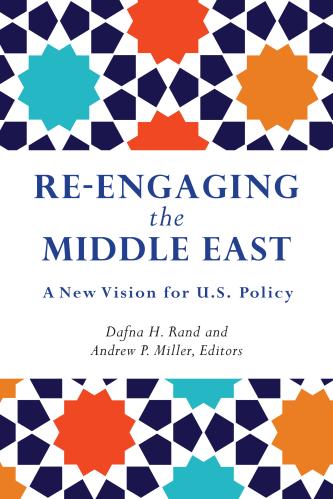
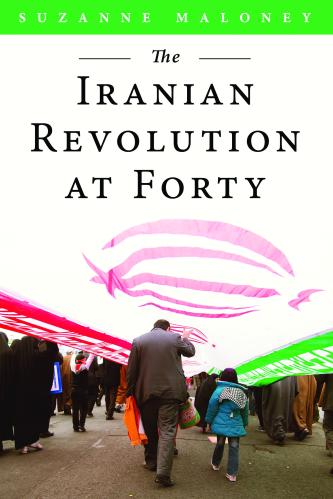
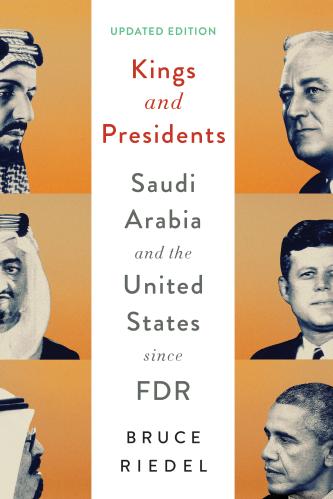
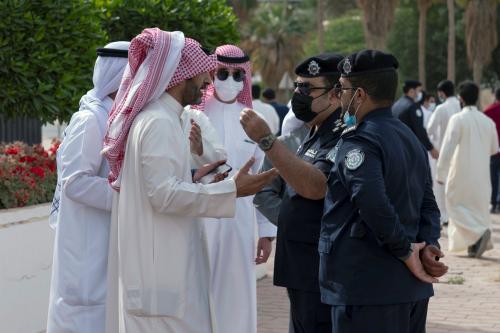


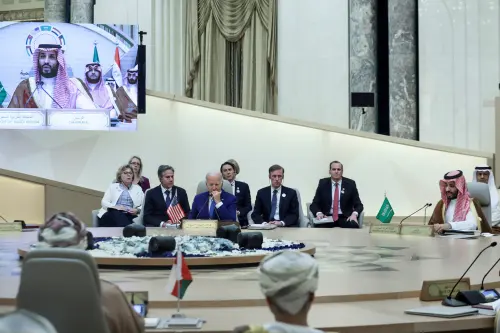
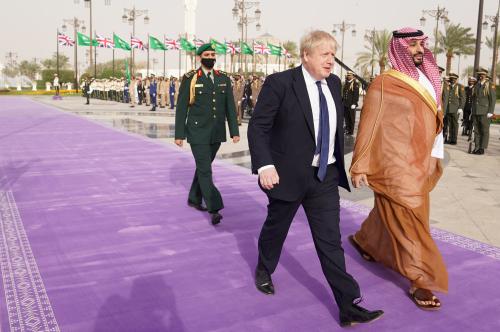
Commentary
21st century Bedouin politics: Considering the modern power of tribes in the Arabian Peninsula
January 12, 2022